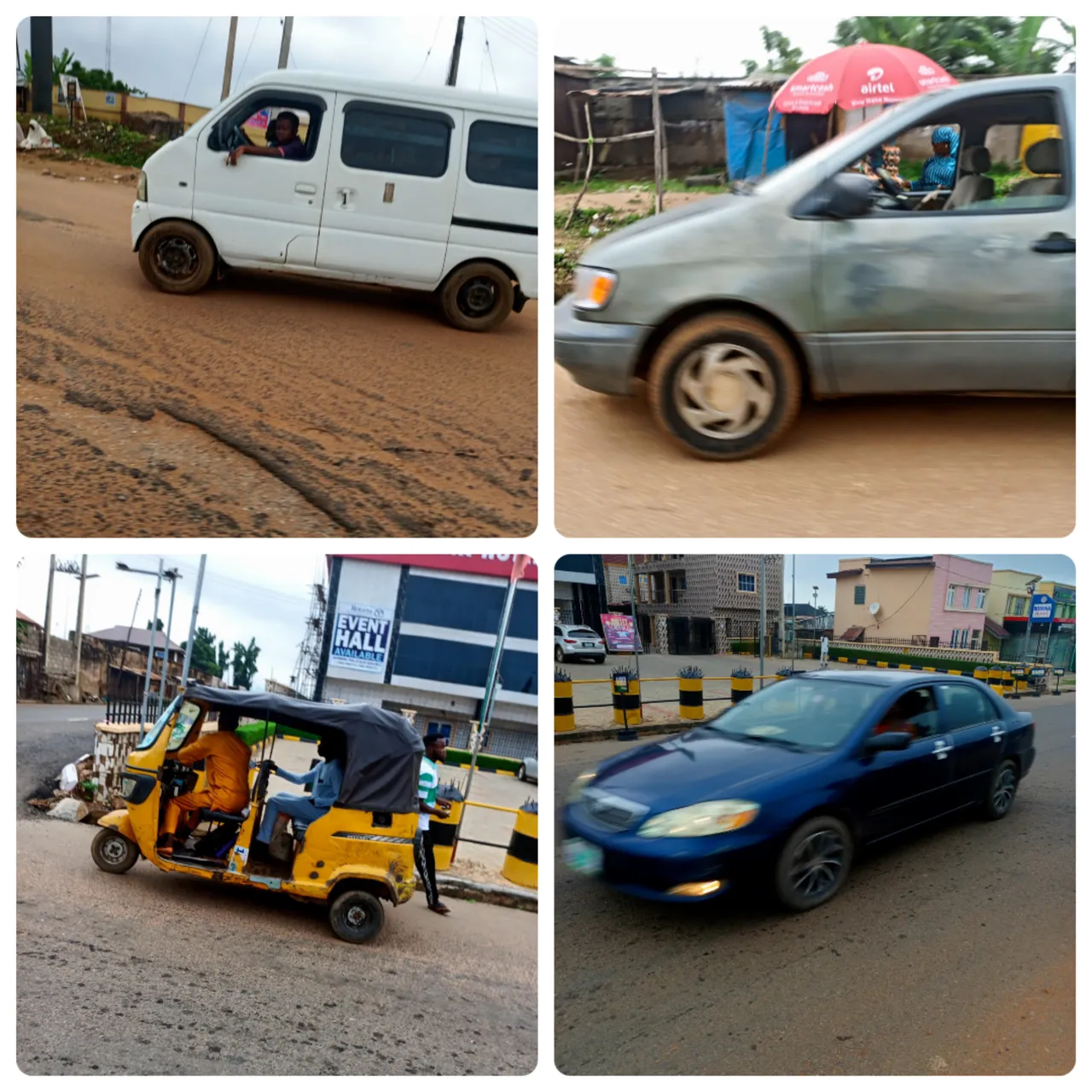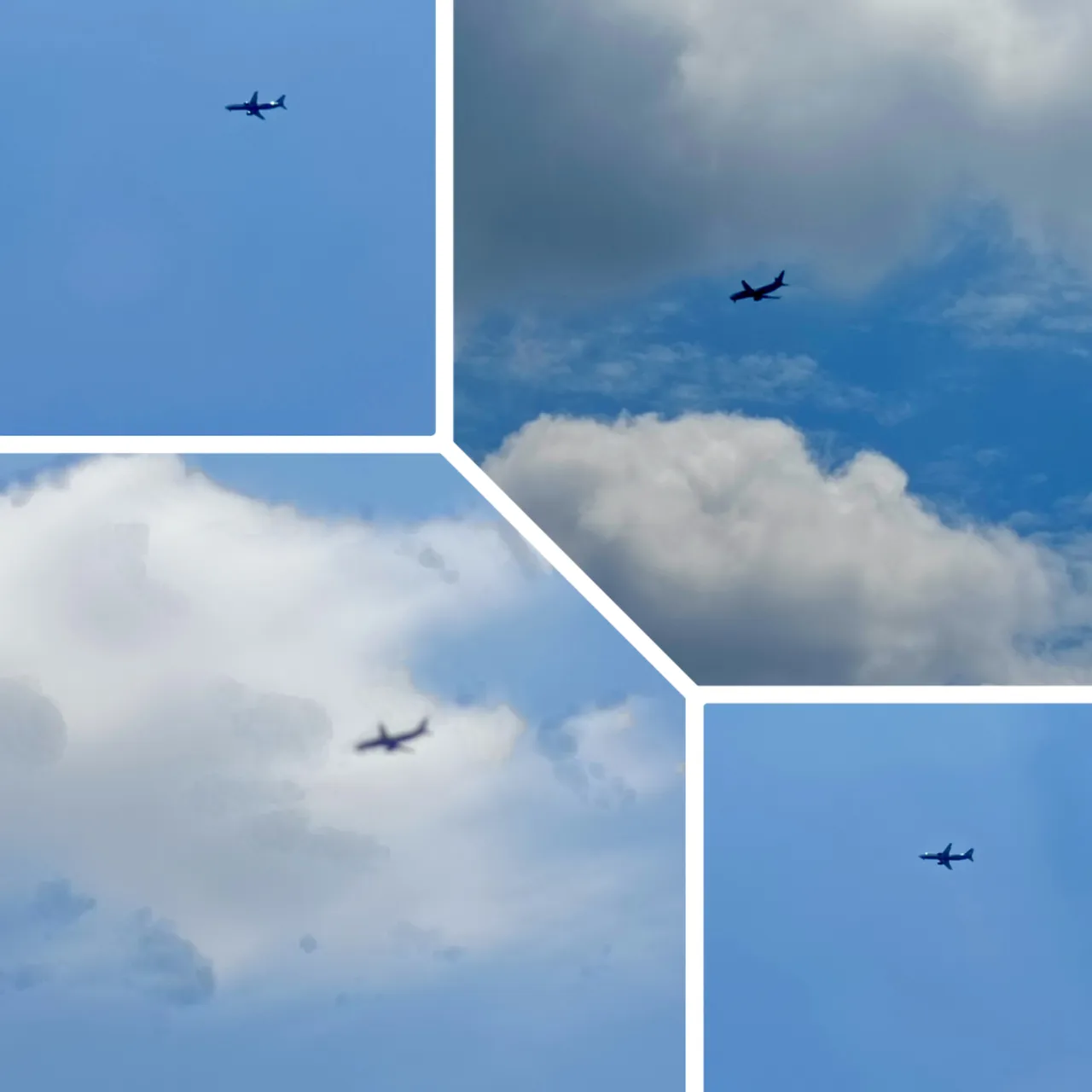I am so excited to write about this topic as it relates to Nigeria and Nigerians. Transportation entails the movement or displacement of an item or person from one location to another. Here, I will be addressing the topic in terms of land, water, and air.

TRANSPORTATION BY LAND
A. Leg: The first means of transportation is by leg, which some Nigerians popularly refer to as “leggediz benz”. It is amazing how enduring our walks in life can be. Back in elementary school, I trekked for about 6 kilometers from my school to the house on most days.
B. Horses and Carmels: These animals are usually used to travel short distances and mainly for entertainment purposes, especially in resort centers. Hopefully, someday I can enjoy some horseback riding; it will be a good experience.

C. Bicycles and Hoverboards: Probably because I was not born with a silver spoon, I do not know how to ride a bicycle yet, although I have the intention of owning one soon. Just yesterday, while engaging in a shopping mission, I came across some bicycles whose costs scared the living daylights out of me. I am certain I’ll get some cheaper than the ones I saw, but I was shocked to see those prices. Perhaps if you could zoom in on the images, you would see the range was from N300,000 to N500, 000 ($400 to $667). I saw some good enough bicycles online a while ago that ranged between N60,000 and N100,000 ($80 and $133). I pray I do not have to wait for months before I am able to procure one so as to ease the hiked cost of fuel in Nigeria. The hoverboard I saw was for entertainment, and for as little as N1000 ($1.33), you could ride one. One has to be careful on Nigerian roads, as accidents are bound to occur due to the carelessness of many drivers and commuters. Personally, I do not mind riding a bicycle to work (which is not far from my house), as it will save me money and help exercise my lazy muscles.

D. Motorcycle: I believe you should know by now that I still do not know how to ride a motorcycle, even though I wish I could. Yet the rate of motorcycle accidents scares me more than even that of cars. Well, the motorcycles are popularly called “Okada” here in Nigeria. In Northern Nigeria, motorcycles and tricycles constitute the major means of transportation. Some cities do not even have a commercial taxi (I experienced that while I was in Kebbi, it was either a motorcycle or tricycle, and the non-colored painted cars were mostly engaged in intra-city travels). Recently, the motorcyclists charged N100 ($0.13) for the shortest and minimal distances of one to two kilometers and readily charged N150 ($0.2) and as much as N800 ($1.07) for some long distances. Usually, there is only one passenger allowed on the bike; however, you can see as many as three or even five people mounted on the Okada (excluding the driver). And yes, the Okadas run like they are chasing something, or something is chasing them. Sometimes, I say they fly the motorcycle. For comparison, the distance a tricycle would cover for N150 ($0.2), for example, the motorcycle would charge N200 or N250 ($0.26 or $0.33). The advantage here is that you are likely to get to your destination faster, and they can easily plow roads that are off the major trunk roads. Nigeria does not have motorcycle taxis like other nations of the world.

E. Motors and Vehicles: These are quite popular, and many wish to own a car for convenience. To some, it is an asset, and many consider having multiples of it; to some other people, it is a liability. Most Nigerian cars are frequent visitors to the mechanic's workshop (a topic for another day). Apart from private cars, there are taxis that are mostly color-coded and peculiar to each state or city. There are also private cars used for taxis; some are registered as Uber. We also have the category of Sienna vehicles and buses usually used for interstate travel. And there are the luxurious buses commonly used for schools and also for interstate transportation. Prior to now, taxis were expensive, but Okadas and tricycles have become even more expensive. The taxis usually carry three people in the back seat and two people just beside the driver. Where the tricycle would charge N150 ($0.2), the taxi would probably charge N100 ($0.13), especially if the distance is not much. Cars are usually available for hire or charter, and these are usually charged thousands of Naira, depending on the negotiation and distance. Getting a license to drive in Nigeria is relatively easy. Though it is required to attend a driving school and have your learner’s permit, those can be waived, especially when you have money or know someone in the system. Perhaps this contributes to the poor road usage by commuters. Coaster buses are usually comfortable to travel on. And I should state here that there are those commuters who enjoy night travel, but that has decreased now due to insecurity and bad road networks. We enjoyed the traffic lights for a while, but as usual, they packed up in a short while, and we are mostly at the mercy of traffic warders. Kwara State where I reside has less traffic compared to places like Lagos and Abuja. However, generally, Nigerians do not care or even know the relevance of Zebra lines so, it's safe to run over heels when crossing Nigerian roads.
F. Trucks, pickup vans, and Trailers: These are heavy-duty vehicles mostly used for the transportation of goods and commodities. Thanks to their weight, the Nigerian roads have a terrible look in terms of numerous potholes, which is worsened by the poor quality of materials used to build our roads. Some people travel on these heavy vehicles, and you could see them packed alongside the goods that are being transported. These trucks could carry animals, foods, gravel, etc. and are mostly for interstate travel.

G. Train: I will not be in haste to forget my experience having to travel by train. It was my first, and I have not had any others. I was to travel to Minna, which is about 350 km away and a seven-hour drive by road (due to the bad road), so I decided to try out traveling by train. I had a companion who was my school-daughter in school. We got the tickets for a cost that was less than a thousand Naira, far less than their cost by road. Unfortunately, the train took off from Offa (some 60 km before Ilorin), and by the time we boarded the train, it was a rush to get on board. The train was full of passengers and commodities. We had the option of forfeiting the trip or waiting for some other day to board another train. So, we hopped on the train; it was the worst travel experience I had. I stood at a spot for the 11-hour journey, which lasted between 9 p.m. and the following morning. I could not secure a seat for myself, and I was surrounded by people, luggage, and bags. I could not cry, even though I wished I could just arrive at any stop station. It was bad enough that I could not set my feet at ease; the legs were glued to each other for that length. Fortunately, I got a space for my school-daughter about half-way through the journey after a passenger alighted. There are some places in Nigeria where the train station works well and is convenient to travel to. It is usually cheaper and preferred for long-distance travel.

WATER TRANSPORTATION:
I guess I live a boring life. In Nigeria, there are boats and canoes for water transportation, especially over short distances or between communities. These are also available for entertainment, and life jackets are usually provided. Recently in Kwara State, more than 100 lives were lost during a trip by ferry, SEE NEWS HERE . These ferries usually transport both passengers and commodities and can travel long distances. Ships are also available; I was opportune to see a military ship last December when I traveled to Delta State for a vacation. I really do not know the cost implications of traveling by water, but I believe they should be affordable.

AIR TRANSPORTATION
You see why I tag myself as boring? I have yet to board an airplane for any local or international travel. Traveling by air in Nigeria is now expensive, at least as lamented on the news and by friends. Some tickets can cost as much as N100,000 ($133) for local flight; however, it is very convenient and fast. Those distant places that should take you hours by road can be reached within minutes. It should be noted that not all capital cities have airports, and such cities depend on nearby airports, thus requiring travelers to still travel by road.
Thank you for reading. I would love to have your comments and contributions.
ALL IMAGES ARE MINE